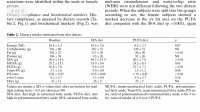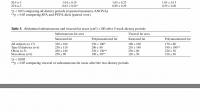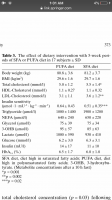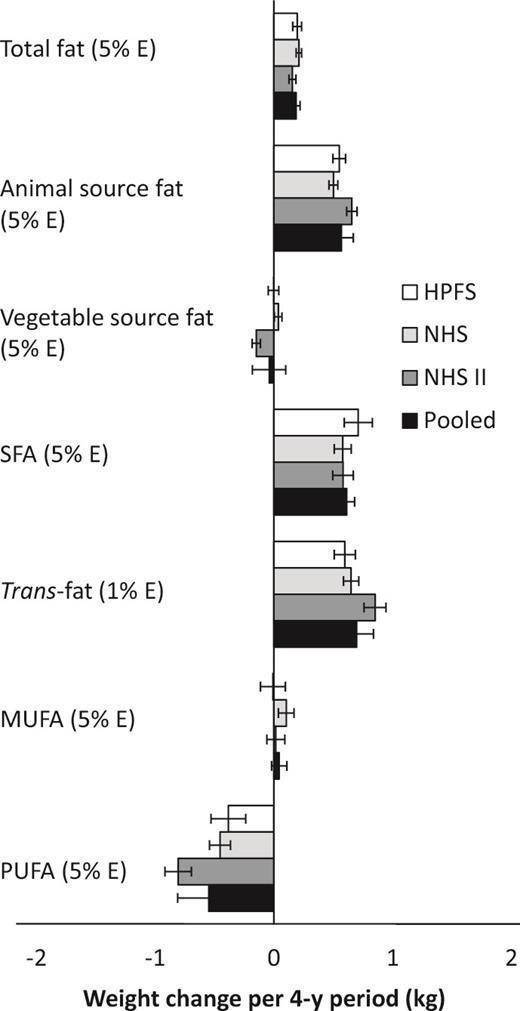Cirion
Member
Ever tried just pounding tasty food down your throat? Serious question. Protein will warm you the most, then carbs. And just calories in general. You just need to eat. I only get temps that low if I were to eat like 50g of protein or less a day for a few days. The low protein in my case is obviously killing the thyroid and destroying the body's ability to keep itself warm.
Me and redsun have had our fair share of disagreements but the man is right with caloric intake. I have data from my database showing 95%+ correlation to increased body temperatures with increased calories.
Calories is the MAIN driver for increased temperatures.




